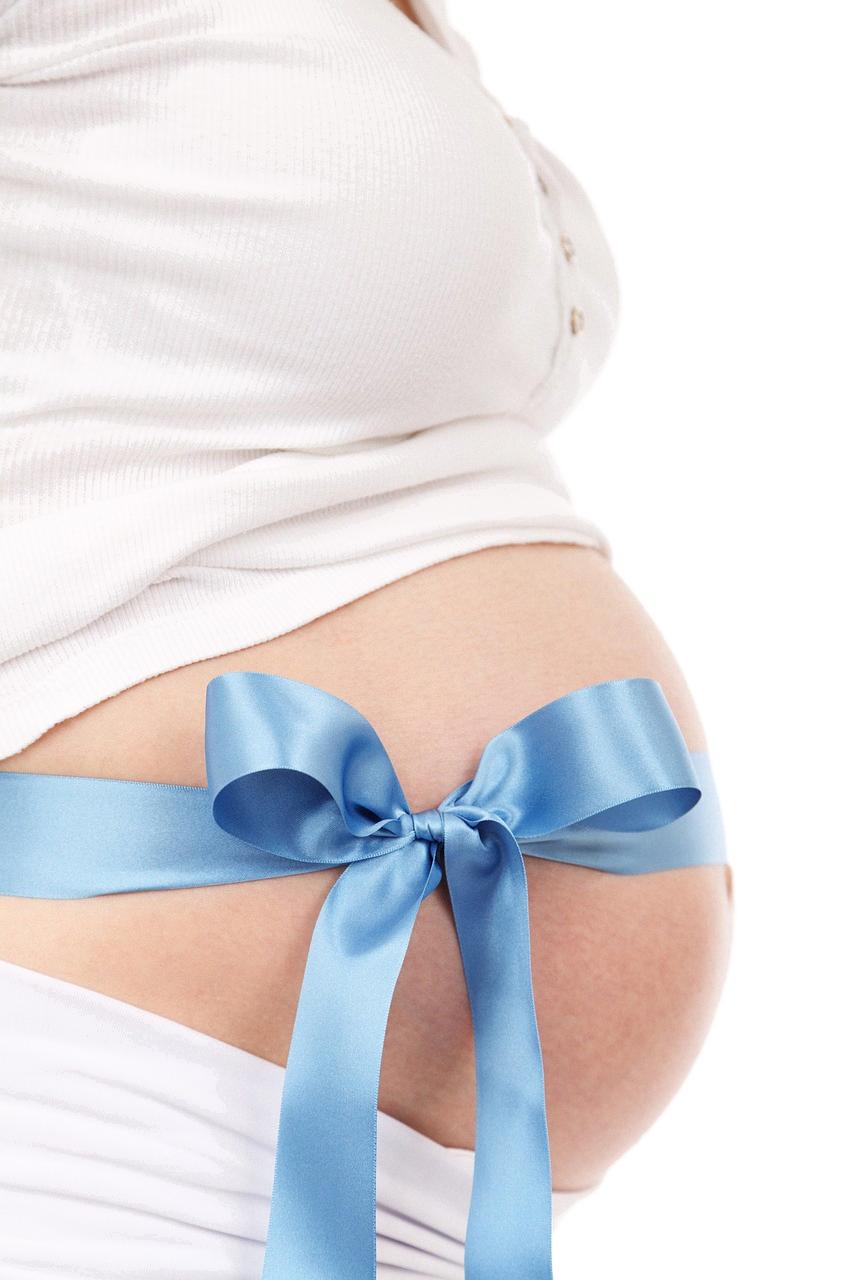One of the most common myths circulating online is the belief that you can determine if you’re pregnant by mixing baking soda with your urine and observing if it fizzes. This DIY pregnancy test claims that the presence of hCG (human chorionic gonadotropin) in your urine will cause the baking soda to fizz and bubble, implying a positive result. However, it’s crucial to approach such claims with caution before drawing any conclusions.
While it’s true that hCG is a hormone produced during pregnancy and can be detected in urine or blood tests, there is currently no scientific evidence to support the notion that mixing baking soda with urine can reliably indicate pregnancy. The bubbling reaction observed in this informal test is more likely attributed to the chemical properties of baking soda when combined with liquid, rather than hCG content.
It’s essential to emphasize that DIY methods like the baking soda test lack the accuracy and reliability of medical-grade pregnancy tests conducted by healthcare professionals or home testing kits approved by regulatory bodies. These established methods detect hCG levels with greater precision, providing more dependable results compared to anecdotal remedies like the baking soda test.
Attempting to ascertain pregnancy through unconventional means like the baking soda test can lead to misleading or false outcomes. Relying on unverified methods may cause unnecessary confusion, anxiety, or misinterpretation of results, potentially impacting one’s emotional well-being and decision-making process regarding pregnancy planning or healthcare choices.
When in doubt about your pregnancy status, it’s advisable to consult healthcare providers or utilize certified pregnancy testing resources to obtain accurate and reliable information. Seeking professional guidance ensures that you receive the necessary support, guidance, and medical advice tailored to your individual circumstances, fostering a more informed and secure approach to addressing potential pregnancy concerns.
Remember that pregnancy testing is a pivotal aspect of reproductive health and family planning, warranting a comprehensive and reliable approach to confirming pregnancy status. While DIY methods like the baking soda test may seem convenient or intriguing, they should not replace medically endorsed practices known for their efficacy, precision, and clinical validation.
By prioritizing the use of established pregnancy testing methods and consulting qualified healthcare professionals, individuals can access accurate information, appropriate support, and personalized care to navigate potential pregnancy-related queries or decisions confidently and responsibly.
Education and awareness about reliable pregnancy testing resources, informed decision-making processes, and accessing healthcare services play a vital role in promoting reproductive health, well-being, and empowerment among individuals seeking clarity on pregnancy concerns or family planning considerations.
Ultimately, when addressing questions or uncertainties surrounding pregnancy, it’s crucial to approach the topic with an informed, cautious mindset, guided by evidence-based practices, expert advice, and professional assistance to ensure the most accurate and reliable outcomes for one’s reproductive and overall health.
In conclusion, while the baking soda test may generate curiosity or speculation regarding pregnancy status, its efficacy and accuracy remain unsubstantiated by scientific data or medical consensus. Prioritizing established pregnancy testing methods and consultation with healthcare providers offers individuals a more reliable, trustworthy pathway to confirming pregnancy status and addressing related concerns effectively.

